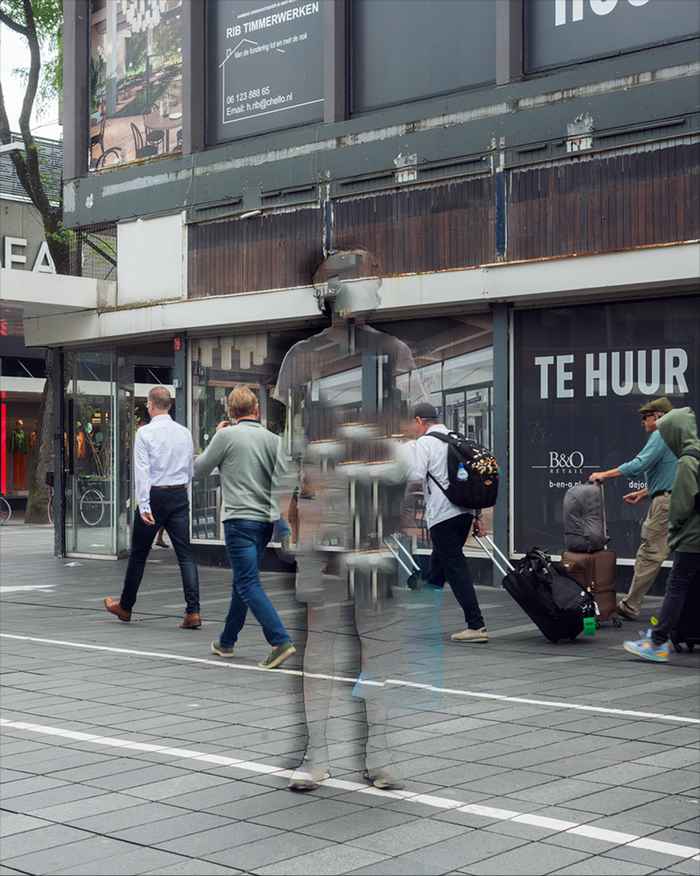How do we prevent repeat homelessness?
8 January 2024

The numbers
More than two-thirds of the participants in the study had moved into independent housing by the end of 2023, whereas almost a third had followed alternative and less stable routes: 20% were caught in a cycle of repeated homelessness, 7% were in long-term care facilities, sheltered housing or a clinic. Of the 69 participants, five died at a relatively young age after a history of long-term (repeated) homelessness, which often involved sleeping outside. ‘This underlines the previously known positive effect of immediately offering permanent independent housing, with appropriate guidance, for preventing repeated homelessness,’ says Boesveldt.
Successful transition
Risk factors hindering a successful transition to an independent home are mainly related to: failure to properly anticipate future requests for assistance; lack of clarity in the regional municipalities to which people are moving out; and changes such as new responsibilities or supervisors. Protective factors include a focus on daily routines, (guidance in) keeping finances in order, and efforts to build a good and solid social network. ‘In the long term, rental contract continuity and a proactive and long-term approach to care, guidance and welfare work – and the bond of trust that can engender - are crucial,’ the researchers say.
Impact of negative childhood experiences
Repeatedly homeless respondents in particular frequently mention traumatic events from their early childhood. ‘Negative childhood experiences, such as physical abuse, are a clear risk factor for repeat homelessness. This often goes hand in hand with hard drug use, PTSD and a weak social network,' says Boesveldt. Moreover, there appears to be a clear link between addiction and crime: 'When addiction increases, crime also increases, and vice versa.'
Stigmatised social identity
Escaping homelessness isn't just about finding housing. Respondents also had to learn to deal with an often stigmatised social identity. For example, participants often report feeling dismissed as 'human waste'. Rediscovering personal meaning and self-esteem proves challenging. 'To recover from homelessness, people need a different identity than just 'being homeless',' says Boesveldt. This also plays a role in how help is experienced and given. For example, respondents indicated that they were seen 'as people who cannot do anything themselves' and for whom everything has to be done. 'This can lead to resistance to help in order to maintain one's own dignity.'
According to the researchers, successful 'role exits' can be facilitated by, for example, offering the opportunity for building new social relationships outside the homeless network. For example by housing them with people from different backgrounds. In addition, healthcare professionals can make the status of 'homelessness' less central in their contact with their clients and place more emphasis on other identities such as being a parent.
The research was carried out on behalf of the Municipality of Utrecht, the Salvation Army, the Tussenvoorziening, Lister, Kwintes & Buurtteams Utrecht. It is the fifth and final report in a series of five research measurements that took place from 2019 to 2023. For previous reports (in Dutch), see: Regio Utrecht (Voorkomen Herhaaldelijke Dakloosheid) – nienkeboesveldt.com